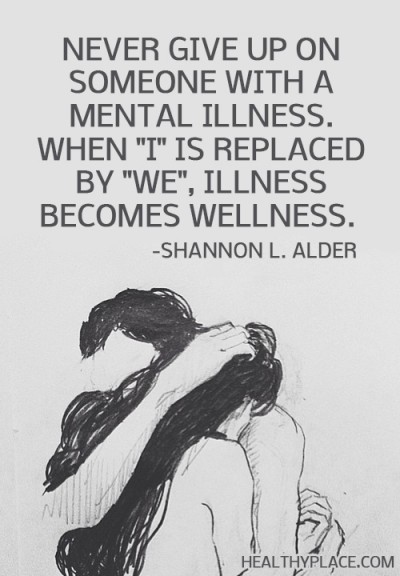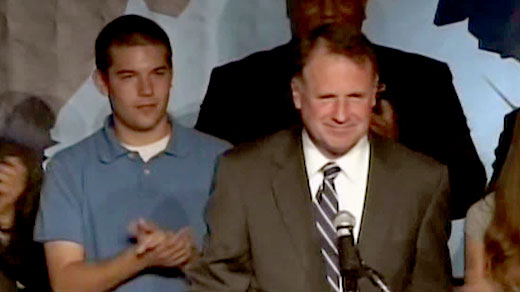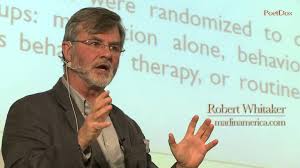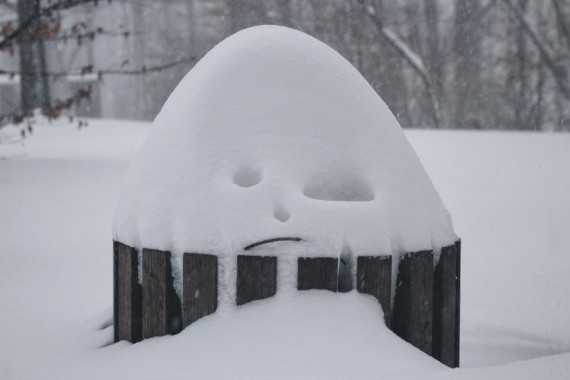
(2-8-16) I believe in the power of a single individual to cause change. I believe in the power of one because of what I have personally witnessed visiting all but two states during the past ten years and what I continue to see each day.
Consider Vontasha Simms.
She is the 47 year-old mother of Romechia Simms, who was charged with manslaughter and child abuse after her 3-year-old son, Ji’Aire Lee, was found dead on a Maryland playground sitting in a swing. Romechia, who has schizophrenia and depression, had been pushing him for forty continuous hours and was still pushing him when the police arrived. An autopsy showed he died of hypothermia and dehydration.
Last week, Vontasha borrowed a car and drove 45 minutes from her home in Waldorf, Maryland to the state capitol in Annapolis, to talk to lawmakers about the need for mental health reform, according to a story by Fenit Nirappil in the Washington Post.
Vontasha had never been to the State House before and didn’t recognize any of the key players there but she went anyway to urge them to make it easier for parents or close relatives to take charge over adults who had mental disorders.
At the time of her grandson’s horrific death, Vontasha was living in a motel on public assistance. She is not someone who is a polished lobbyist but since Ji’Aire’s death and her daughter’s arrest, she has testified before her county commissioners and used the public outrage about the playground tragedy to talk about how she repeatedly tried to get her daughter help for her mental illness but couldn’t.
That takes courage.







